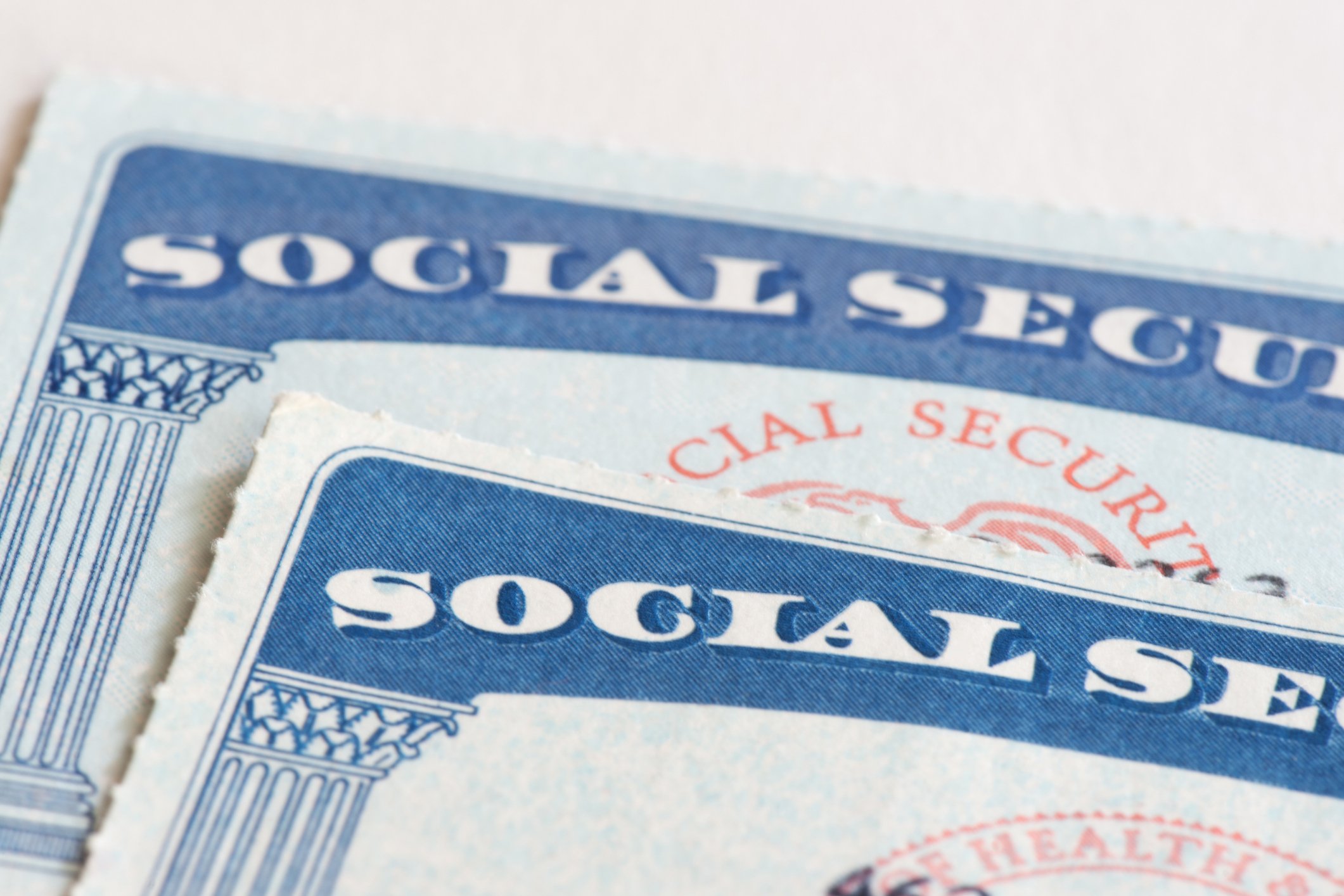There are loads of questions you'll need to ask yourself as you're preparing for retirement. What age will you retire? How much should you have saved by retirement age? How much can you depend on Social Security?
Sometimes, it's easy to get caught up in the complex questions and forget about the simple ones. But even the basic retirement questions are crucial to building a healthy nest egg that will last the rest of your life. And there's one question in particular that tends to trip workers up.

Image source: Getty Images.
Too many workers are unsure of their savings
Roughly a third (32%) of workers say they can't even estimate how much they currently have saved for retirement, a recent report from Wells Fargo revealed. This is an easy mistake to make, especially if you have multiple retirement accounts. Also, if you're diligently saving a little bit every month, determined to reach your long-term goal, it's not hard to forget to stop and check in on your savings every so often.
However, if you don't keep an eye on how much you've already saved, it can be difficult to tell whether you're on track. Saving for retirement isn't a "set-it-and-forget-it" type of situation, and you may need to make adjustments every so often. If you don't know how much you have in savings, you risk reaching retirement age with much less than you expected.
It's also important to reassess your goals every few years to make sure you're still aiming for the right target. If certain factors -- like your desired retirement age or the amount you expect to spend each year in retirement -- have changed, it will affect how much you should be saving. Knowing how much you already have stashed away can help you determine whether your new goal is attainable or if you'll need to readjust your expectations.
Finally, it's especially important to know roughly how much you have saved as you near retirement age. When you're just a few short years away from retirement, it's essentially your last chance to boost your savings. By being aware of whether you're on track to reach your goal, you can determine whether to keep chugging along at your current pace or start supercharging your savings.
How to tell whether your savings need a tune-up
It can be tough to tell whether you're on track to reach your retirement goals, especially if you still have decades until you retire. The path to your goal likely won't be a straight line; rather, you'll see surges and dips along the way. And because of compound interest, your savings might grow slowly at first, but then increase exponentially the longer they sit in your retirement fund.
That's why if you're trying to figure out whether you're on the right path, it's not as simple as you may think. If you started saving at age 25 and you want to have $1 million saved by age 65, that doesn't necessarily mean you have to have $500,000 saved by 45. But if you just reached your 60th birthday with only $500,000 saved, you'll have your work cut out for you.
The best way to tell whether you're saving enough is to use a retirement calculator. Plug in the most accurate information you can, then see if the goals in your head and the goals the calculator gives you align. For example, if you're currently saving $400 per month but the calculator says you should be socking away $500 per month to reach your goal, that means you might be a little behind. Similarly, if the calculator says you need to be saving less per month than you actually are, then give yourself a pat on the back because you're ahead of schedule.
It's important to perform these checkups every couple of years to make sure you're headed in the right direction. It's much easier to make adjustments when you still have plenty of time left before retirement, and if you wait too long to realize you're off track, it might be too late to do anything about it.
There are a lot of factors to consider when saving for retirement, and it can sometimes feel overwhelming to keep track of them. However, knowing how much you have saved is not only one of the simplest retirement questions to answer, but it's also one of the most important. When you know what your current saving situation looks like, you'll have a better shot at achieving your financial goals.





